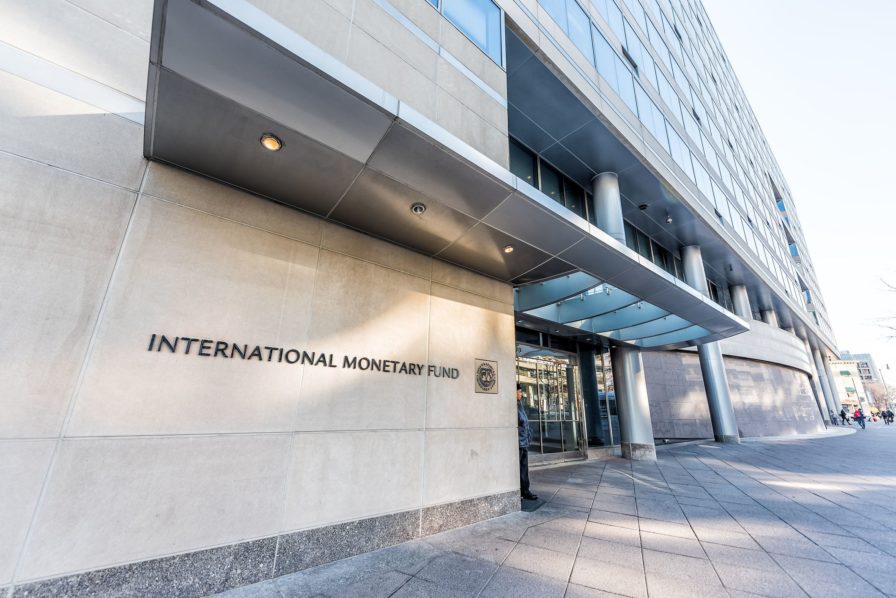
The IMF’s latest update of the World Economic Outlook projected this year’s global economic growth at 5.9 per cent, 0.1 percentage points lower than its previous edition released in July. The global growth forecast for 2022 remained unchanged at 4.9 per cent. IMF forecasts are used by many economists, including those at the IEA, to model key oil demand projections.
It, however, retained its projection for Nigeria’s economic growth prospect for this year at 2.5 per cent.
“The global recovery continues but momentum has weakened, hobbled by the pandemic,” IMF director of research, Gita Gopinath said. “Pandemic outbreaks in critical links of global supply chains have resulted in longer than expected supply disruptions, feeding inflation in many countries.”
The IMF expects the US economy to grow by 6pc this year, a percentage point downgrade from the previous outlook, citing supply disruptions and lower than expected consumer spending in the third quarter. The 2022 forecast for the US economy was upgraded slightly to 5.2 per cent. The advanced economies as a group will grow by 5.2 per cent this year, a downgrade of 0.4 percentage points.
The advanced economies group will return to its pre-pandemic growth trend next year and exceed it by 0.9 per cent in 2024.
By contrast, emerging markets and developing economies, with the exception of China, in 2024 will be 5.5 per cent smaller than they would have been if their pre-pandemic growth trend held. The differential in trends can be traced to a “great vaccine divide,” the IMF said — over 60 per cent of the population in advanced economies is vaccinated against Covid-19, while the corresponding number for the low-income countries is four per cent.
China’s growth forecast was slightly downgraded to 8pc this year. Oil and other commodity exporters are seeing better prospects for growth this year as a result of higher prices, the IMF said. Saudi Arabia’s growth forecast was increased by 0.4 percentage points to 2.8 per cent.



